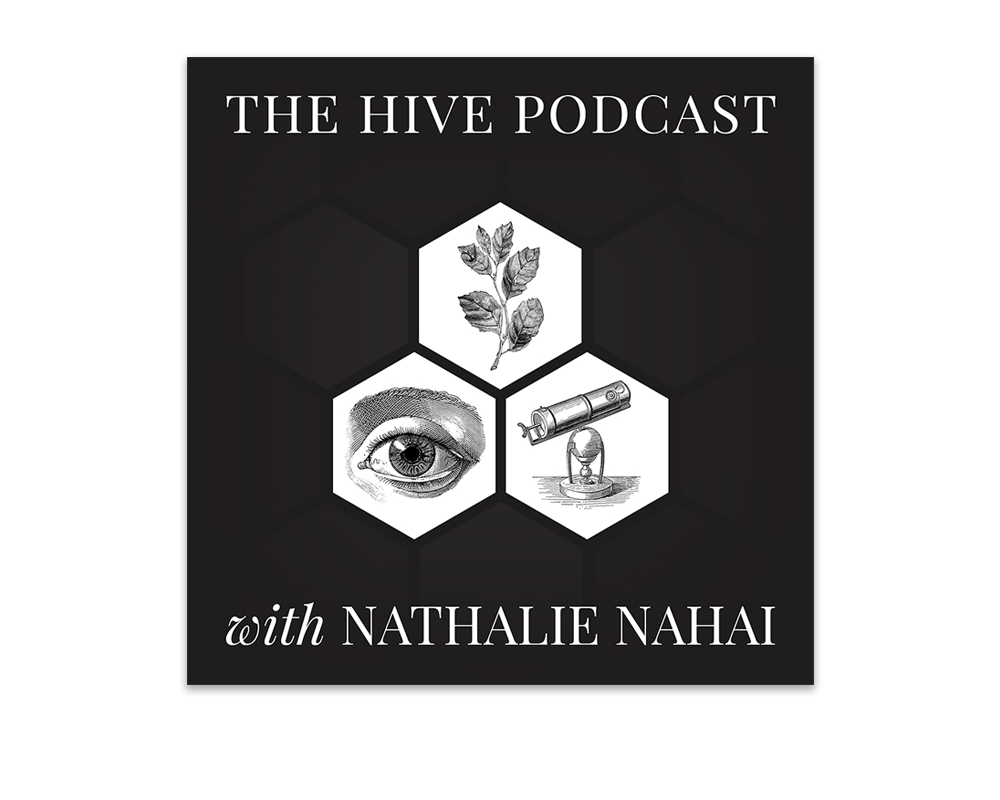Take a walk into the world of psychotherapy as I talk with Dr Gillian Isaacs Russell about the ways in which technology is mediating our relationships both with ourselves and with others. We touch on some of the insights that neuroscience is shedding on how we empathise with, perceive, and relate to the world around us, and discuss what this may mean for the ways in which technology can degrade or enhance our experiences.
Join in the conversation #hivepodcast
About Gillian
Dr Gillian Isaacs Russell is a Psychoanalyst, Psychotherapist, and a member of the British Psychoanalytic Council, the American Psychoanalytic Association and the International Psychoanalytical Association.
Having served on the Editorial Board as Book Reviews Editor, she is currently on the Reviewing Panel for the British Journal for Psychotherapy.
Gillian recently published a fascinating book, Screen Relations, which explores The Limits of Computer-Mediated Psychoanalysis and Psychotherapy. Described by Sherry Turkle as a deeply humanistic, forward-looking book, her work explores how some of our most intimate relationships, including that of analyst and patient, are affected by technologically-mediated communication.
1. What’s your greatest concern for the future?
I think my greatest concern would be that we somehow begin or continue to accept a degraded form of intimacy, that we lose our sense of what true intimacy, what true relating is like and, in fact, settle for something that is simply simulated and mistake that for the real thing.
I think that will lead to all sorts of both societal cultural and on an intimate level, all sorts of level. So that is my greatest concern for the future.
And in particular in terms of psychotherapy, this kind of treatment will become completely institutionalised because it’s cheap, it’s convenient, supposedly it’s democratising. It’s available and it, perhaps, makes a lot of money for the people who provide it.
2. What’s your greatest hope?
That we don’t let technology run us but that we’re able to make wise choices and use technology in a way that really does benefit us. It’s our choice. We don’t need to simply respond to the corporations and we don’t need to sleepwalk, we can be conscious and therefore we can use technology in a really good way.
And I think that there are plenty of possibilities just like you said with the regulation of pain or the really simple suggestion that I made that if you’re working long term with the patient and they’re ill or they’re away or there’s some interruption to the therapy that you can gain continuity using technology.
There are all sorts of good things one can do with technology but we must be conscious and we must make choices instead of simply falling into using something and sleepwalking.
3. What single action can we take right now?
Disconnect, sometimes, choose to disconnect. In terms of really making choices about your technology, you could choose, for instance, to use something like – there’re many bits of technology but there’s a very lovely one called The Light Phone which simply you can make calls on and text. That’s it. Use that sometimes so that you’re not connected all the time.
Disconnect and have the experience of silence. Disconnect and have the experience of being with someone in the same room and not knowing what to say in having to search for some way of being with them. Allow yourself to be messy, allow yourself to be spontaneous. You don’t have to get rid of your iPhone, I’m not going to get rid of mine.
But make choices, make wise choices.
Find out more
Twitter @drisaacsrussell
Website drisaacsrussell.com
Book Screen Relations: The Limits of Computer-Mediated Psychoanalysis and Psychotherapy
Written, recorded & produced by Nathalie Nahai © 2018.


